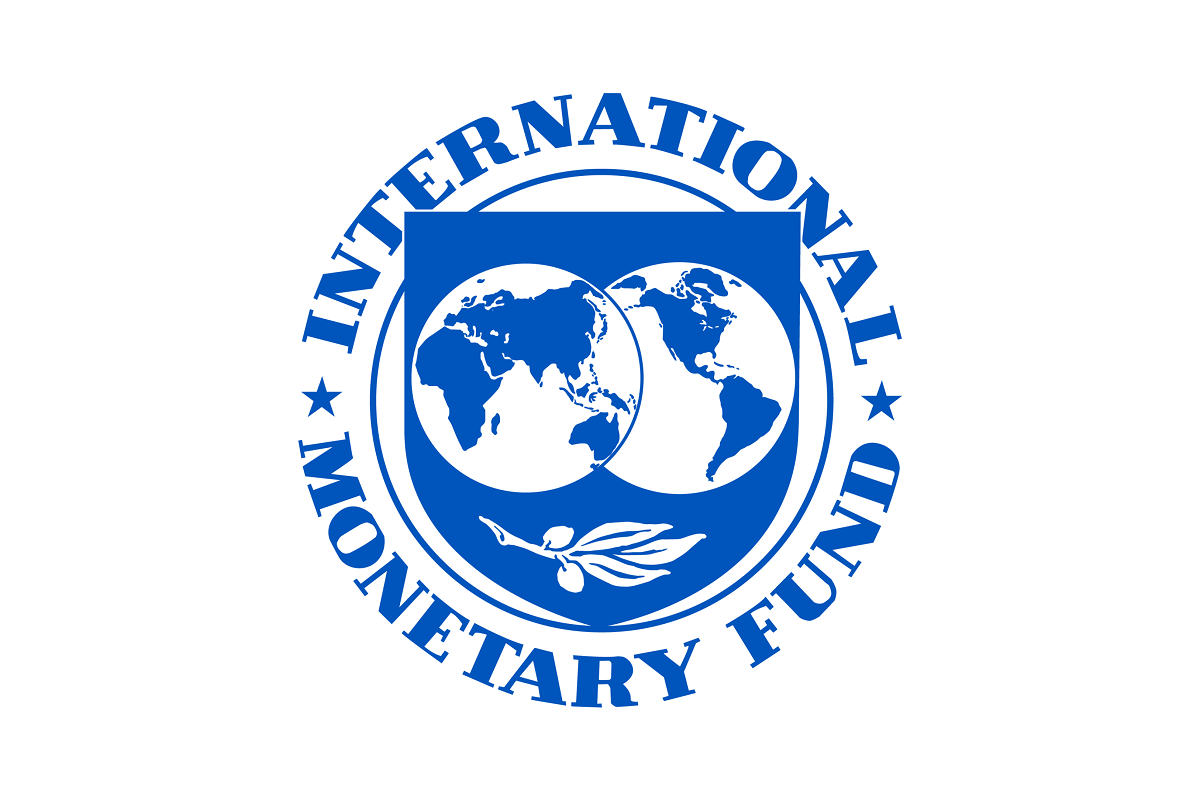Kristalina Georgieva, the IMF Managing Director, warned that the broad acceptance of cryptocurrencies might weaken the financial stability of nations. Her concern isn’t fundamentally different from those of other global economic institutions. One suggestion involves refraining from categorizing cryptocurrencies as legal tender or officially government-backed currencies.
Georgieva Warns of Instability Amid High Crypto Adoption Rates
Addressing the recently concluded digital money conference in Seoul on December 14, Georgieva highlighted concerns regarding cryptocurrencies like Bitcoin (BTC) and Ethereum (ETH), noting that their increased use could impede central banks’ control over interest rates and capital flows, potentially endangering nations’ monetary policies. Additionally, she expressed worries about the complications crypto adoption could introduce in tax collection, leading to fiscal challenges.
The IMF chief emphasized the prevalence of crypto usage globally, particularly in emerging economies like India, Nigeria, and Vietnam, citing September 2023 data from blockchain analytics firm Chainalysis.
Also, She stressed that this widespread adoption presents immediate financial stability risks that policymakers must confront, notably highlighting India’s slower approach to crypto regulations, potentially delaying comprehensive crypto rules until 2025.
Georgieva outlined her concerns, “The challenge is that high crypto asset adoption could undermine macro-financial stability.” She urged countries to follow last year’s guidelines issued by the IMF and Financial Stability Board to mitigate these risks effectively.
Furthermore, she emphasized the necessity for global coordination in crypto policies to prevent activities from migrating to more accommodating jurisdictions. Georgieva pointed out the ease with which crypto providers can relocate, emphasizing the significance of coordinated international efforts in regulating these assets.
Highlighting the IMF’s standpoint, Georgieva stressed the need for clear crypto regulations to prevent money laundering and other illicit activities. She also advocated for well-defined tax policies to ensure appropriate income tax.
While emphasizing the importance of regulatory oversight, Georgieva clarified that these rules aimed to offer guidance and control in the crypto space, not stifle innovation or revert to a pre-crypto era. Georgieva also commended South Korea’s recent policy actions, acknowledging the nation’s leadership in amending anti-money laundering (AML) laws and introducing new digital asset legislation.
About the IMF’s Crypto Policy Recommendations
On February 8, 2023, the Executive Board of the international lender presented a paper titled “Elements of Effective Policies for Crypto Assets” to offer guidance to IMF member countries regarding crypto asset policies.
Globally, regulations concerning Bitcoin and other decentralized crypto assets have taken center stage, posing challenges for most countries in drafting effective policies. Notably, El Salvador made waves as the first country to grant Bitcoin legal tender status in late 2021, a move later emulated by the Central African Republic.
Previously critical of El Salvador and the CAR’s decision to designate Bitcoin as legal tender alongside their fiat currencies, the IMF urged El Salvador to abandon its initiative.
The paper’s key points emphasized the importance of countries safeguarding against “excessive capital flow volatility” and ensuring the “efficacy of capital flow management measures.” Additionally, the IMF stressed the need for member nations to assess and disclose the financial risks while establishing appropriate tax treatment for crypto assets.
In September, the IMF and the Financial Stability Board released another report, offering policy and regulatory recommendations to address macroeconomic and financial stability risks that come with digital assets.
Furthermore, the IMF advised countries to establish legal certainty around crypto assets and “implement and enforce prudent conduct and oversight requirements for all participants in the crypto market.”
The IMF’s recommendations also include shared monitoring frameworks, fostering international collaborative arrangements, enhancing global cooperation, and evaluating the impact of crypto assets on the stability of the international monetary system.
According to the paper, “Adopting this framework allows policymakers to mitigate the risks associated with crypto assets while harnessing their potential technological innovations.”
While maintaining a firm stance against Bitcoin as a form of currency, the IMF’s Managing Director expressed confidence in central bank digital currencies (CBDCs) as the most reliable digital money form. Moreover, Georgieva previously categorized virtual currencies as ‘de-facto assets’, lacking backing from assets ensuring price stability.
IMF’s Evolving Stance on Cryptocurrency
Since its emergence in the 2010s, the International Monetary Fund (IMF) has navigated a complex relationship with cryptocurrency, evolving from initial skepticism to active engagement. Initially cautious about the burgeoning digital currency realm, the IMF’s position transformed, now reflecting a recognition of the opportunities and challenges presented by this evolving financial landscape.
As Bitcoin surged in popularity, the IMF adopted a cautious approach. IMF reports from 2013 and 2014 recognized the potential of the underlying blockchain technology but raised concerns regarding potential misuse, particularly money laundering and illicit activities. Price volatility and regulatory uncertainties surrounding cryptocurrency further deepened the IMF’s wariness.
However, the IMF gradually adjusted its stance as the cryptocurrency landscape expanded and gained traction. In 2017, Christine Lagarde, the then Managing Director, acknowledged the potential of cryptocurrency as an alternative payment system, signaling a pivotal moment in the IMF’s perspective.
The shift was accompanied by increased emphasis on researching the broader implications of crypto assets, leading to a comprehensive 2018 report analyzing their macroeconomic effects.
The onset of the global pandemic in 2020 highlighted the potential advantages of digital currencies, particularly in facilitating cross-border transactions and advancing financial inclusion. Leveraging this momentum, the IMF actively engaged with central bank digital currencies (CBDCs), recognizing their capacity to reshape the global landscape.
The Fund has published extensive reports on CBDC legal and regulatory frameworks since 2020, offering technical support to member nations and fostering dialogue on optimal CBDC design processes and governance.
Today, the IMF has emerged as a pivotal influencer in shaping the trajectory of CBDCs. Its research initiatives and guidance contribute significantly to cultivating a more resilient and inclusive digital financial system.
While the future path of cryptocurrency remains uncertain, the IMF’s evolving relationship with this technology underscores its commitment to exploring its potential while prudently managing associated risks.








